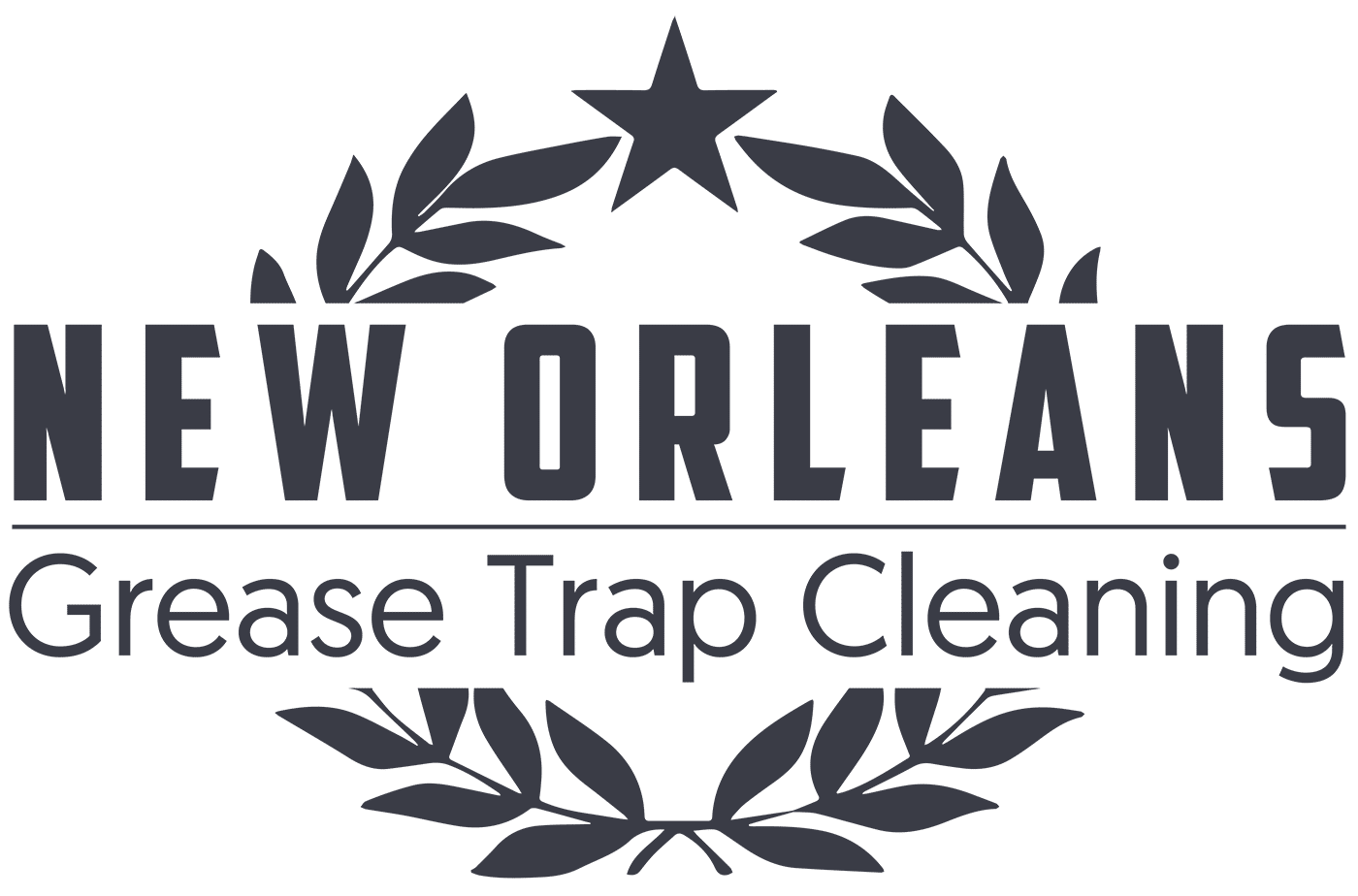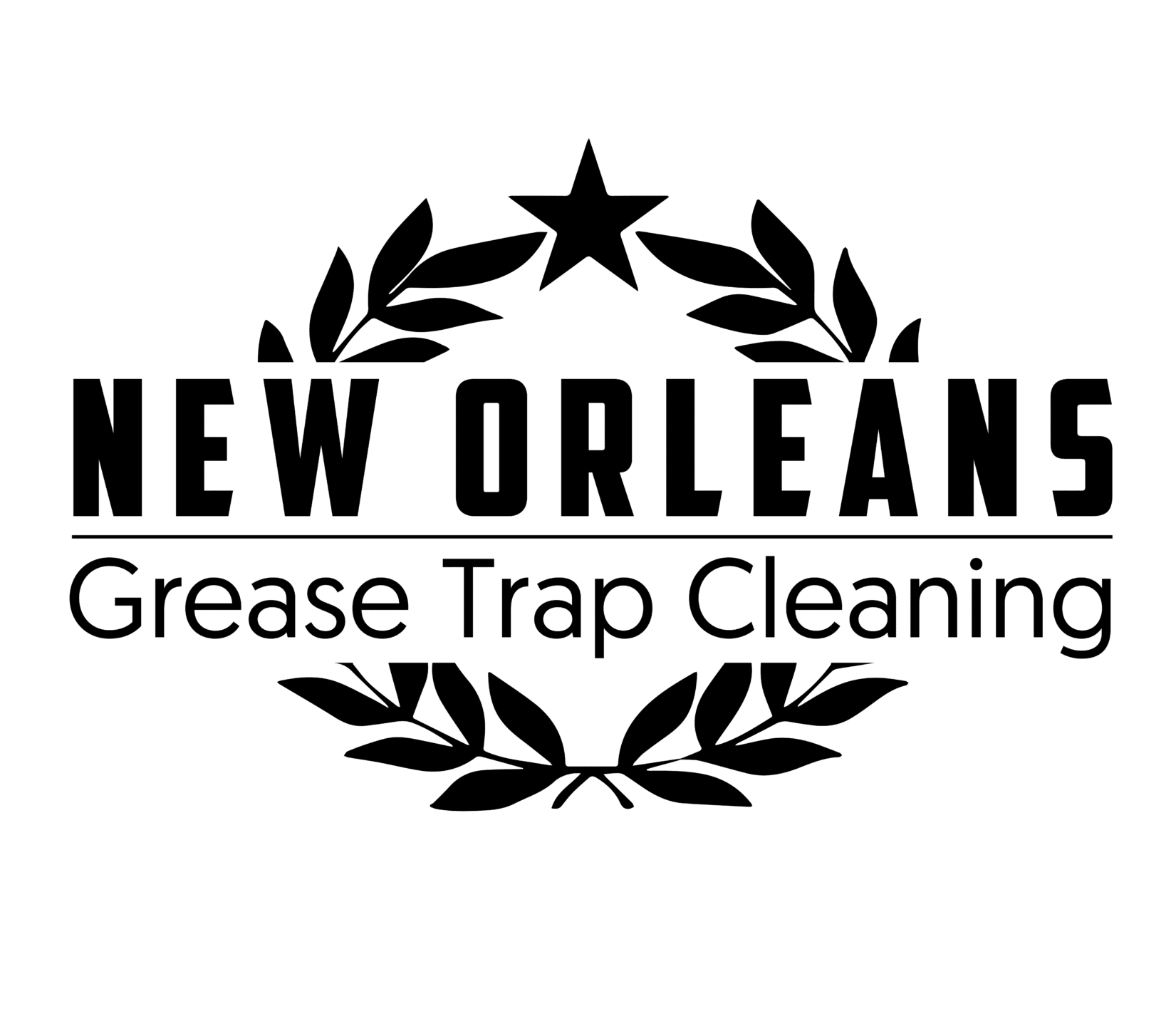Flash Flooding, High Waters, and Poor City Side Sewerage Drainage Cause Grease Trap Operating Issues.
Flash flooding grease trap issues were a topic of discussion amongst restauranteurs and commercial food establishment owners amidst the Crescent City this past weekend. As Tropical Storm Barry slowly made its way into the greater New Orleans, LA area we received numerous calls from customers inquiring about the impacts of flood waters on the operation of grease traps and grease interceptors. Given these questions, we wanted to take a brief moment and explain how flash flooding, high waters, and poor drainage can affect proper operation of a restaurant or commercial food establishment’s grease trap or grease interceptor.
Before we can explain how flooding and flood waters affect the operation of a grease trap, we must first briefly explain how a grease trap operates. See informational image below.
How Does a Grease Trap Work?
As you can see from the above image the accumulated FOGs (fats, oils, grease, food solids) and water drain from plumbing fixtures within a restaurant’s kitchen directly through a grease trap or grease interceptor out to the city’s sanitary sewer system. As the water and waste travel through the grease trap the FOGs are filtered out via gravity and internal baffle walls. During this gravity based filtration process the oil and grease rise to the surface, while the heavier food particles drop to the bottom thus allowing degreased water to pass safely into the city’s sanitary sewer system.
So What Happens During Times of Flash Flooding, High Waters, and Poor City Side Sewerage Drainage?
Simply put. If the city side sanitary sewer system is experiencing drainage flow issues, no matter the cause, then grease traps (and all other plumbing drainage for that matter…) will be unable to properly drain. Flash flooding and high waters essentially flood (fill to capacity) the sanitary sewerage drainage system to the extent in which nothing can drain until the drainage system itself is able to drain.
Although impractical, the best thing to do as a commercial food establishment or restaurant in operation during periods of flooding, high water, and poor sewerage drainage is to avoid running kitchen area plumbing fixtures. Running the plumbing within your kitchen during these trying times will almost always lead to a back up in your kitchen’s plumbing drainage system.
Want to learn more about grease trap issues and how to avoid them? Give us a shout! We are here to help and would appreciate the opportunity to earn your business.
New Orleans Grease Trap Cleaning and Cooking Oil Recycling
3436 Magazine St. #220
New Orleans, LA 70115
United States (US)
Phone: (504)919-6699
Email: mike@neworleansgreasetrapcleaning.com
Price range: $125-$525
New Orleans Grease Trap Cleaning and Cooking Oil Recycling offers fairly priced grease trap and in-kitchen grease interceptor cleaning and used cooking oil recycling services to customers throughout Southeast Louisiana including New Orleans, Metairie, Kenner, the West Bank, the North Shore, LaPlace, Hammond, Raceland, Thibodaux, and Houma.


